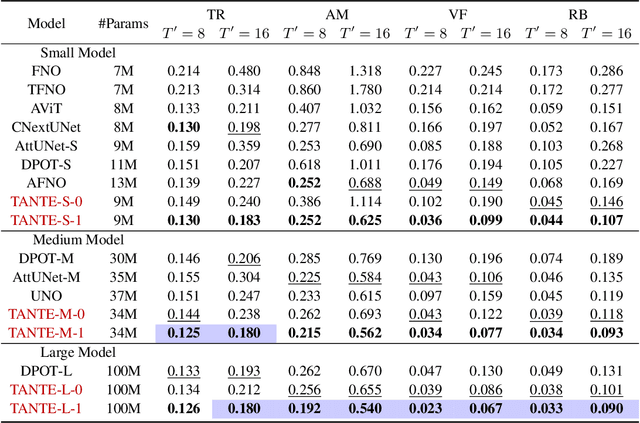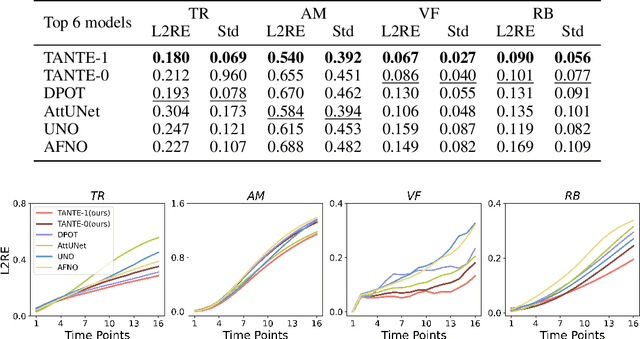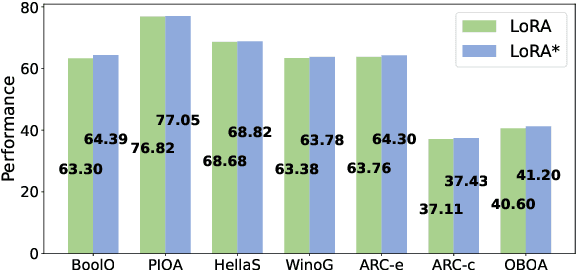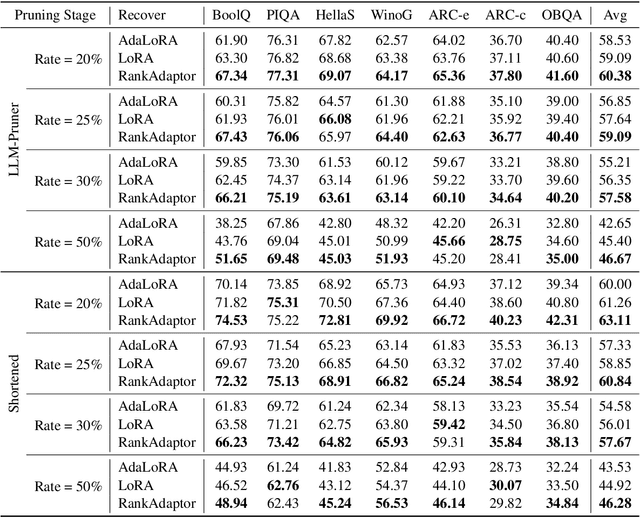Shiyang Zhang
Inaccuracy of an E-Dictionary and Its Influence on Chinese Language Users
Apr 01, 2025Abstract:Electronic dictionaries have largely replaced paper dictionaries and become central tools for L2 learners seeking to expand their vocabulary. Users often assume these resources are reliable and rarely question the validity of the definitions provided. The accuracy of major E-dictionaries is seldom scrutinized, and little attention has been paid to how their corpora are constructed. Research on dictionary use, particularly the limitations of electronic dictionaries, remains scarce. This study adopts a combined method of experimentation, user survey, and dictionary critique to examine Youdao, one of the most widely used E-dictionaries in China. The experiment involved a translation task paired with retrospective reflection. Participants were asked to translate sentences containing words that are insufficiently or inaccurately defined in Youdao. Their consultation behavior was recorded to analyze how faulty definitions influenced comprehension. Results show that incomplete or misleading definitions can cause serious misunderstandings. Additionally, students exhibited problematic consultation habits. The study further explores how such flawed definitions originate, highlighting issues in data processing and the integration of AI and machine learning technologies in dictionary construction. The findings suggest a need for better training in dictionary literacy for users, as well as improvements in the underlying AI models used to build E-dictionaries.
COAST: Intelligent Time-Adaptive Neural Operators
Feb 12, 2025



Abstract:We introduce Causal Operator with Adaptive Solver Transformer (COAST), a novel neural operator learning method that leverages a causal language model (CLM) framework to dynamically adapt time steps. Our method predicts both the evolution of a system and its optimal time step, intelligently balancing computational efficiency and accuracy. We find that COAST generates variable step sizes that correlate with the underlying system intrinsicities, both within and across dynamical systems. Within a single trajectory, smaller steps are taken in regions of high complexity, while larger steps are employed in simpler regions. Across different systems, more complex dynamics receive more granular time steps. Benchmarked on diverse systems with varied dynamics, COAST consistently outperforms state-of-the-art methods, achieving superior performance in both efficiency and accuracy. This work underscores the potential of CLM-based intelligent adaptive solvers for scalable operator learning of dynamical systems.
AutoMixQ: Self-Adjusting Quantization for High Performance Memory-Efficient Fine-Tuning
Nov 21, 2024Abstract:Fine-tuning large language models (LLMs) under resource constraints is a significant challenge in deep learning. Low-Rank Adaptation (LoRA), pruning, and quantization are all effective methods for improving resource efficiency. However, combining them directly often results in suboptimal performance, especially with uniform quantization across all model layers. This is due to the complex, uneven interlayer relationships introduced by pruning, necessitating more refined quantization strategies. To address this, we propose AutoMixQ, an end-to-end optimization framework that selects optimal quantization configurations for each LLM layer. AutoMixQ leverages lightweight performance models to guide the selection process, significantly reducing time and computational resources compared to exhaustive search methods. By incorporating Pareto optimality, AutoMixQ balances memory usage and performance, approaching the upper bounds of model capability under strict resource constraints. Our experiments on widely used benchmarks show that AutoMixQ reduces memory consumption while achieving superior performance. For example, at a 30\% pruning rate in LLaMA-7B, AutoMixQ achieved 66.21\% on BoolQ compared to 62.45\% for LoRA and 58.96\% for LoftQ, while reducing memory consumption by 35.5\% compared to LoRA and 27.5\% compared to LoftQ.
Intelligence at the Edge of Chaos
Oct 03, 2024Abstract:We explore the emergence of intelligent behavior in artificial systems by investigating how the complexity of rule-based systems influences the capabilities of models trained to predict these rules. Our study focuses on elementary cellular automata (ECA), simple yet powerful one-dimensional systems that generate behaviors ranging from trivial to highly complex. By training distinct Large Language Models (LLMs) on different ECAs, we evaluated the relationship between the complexity of the rules' behavior and the intelligence exhibited by the LLMs, as reflected in their performance on downstream tasks. Our findings reveal that rules with higher complexity lead to models exhibiting greater intelligence, as demonstrated by their performance on reasoning and chess move prediction tasks. Both uniform and periodic systems, and often also highly chaotic systems, resulted in poorer downstream performance, highlighting a sweet spot of complexity conducive to intelligence. We conjecture that intelligence arises from the ability to predict complexity and that creating intelligence may require only exposure to complexity.
RankAdaptor: Hierarchical Dynamic Low-Rank Adaptation for Structural Pruned LLMs
Jun 22, 2024



Abstract:The efficient compression of large language models (LLMs) is becoming increasingly popular. However, recovering the accuracy of compressed LLMs is still a major challenge. Structural pruning with standard Low-Rank Adaptation (LoRA) is a common technique in current LLM compression. In structural pruning, the model architecture is modified unevenly, resulting in suboptimal performance in various downstream tasks via standard LoRA with fixed rank. To address this problem, we introduce RankAdaptor, an efficient fine-tuning method with hierarchical dynamic rank scheduling for pruned LLMs. An end-to-end automatic optimization flow is developed that utilizes a lightweight performance model to determine the different ranks during fine-tuning. Comprehensive experiments on popular benchmarks show that RankAdaptor consistently outperforms standard LoRA with structural pruning over different pruning settings. Without increasing the trainable parameters, RankAdaptor further reduces the accuracy performance gap between the recovery of the pruned model and the original model compared to standard LoRA.
 Add to Chrome
Add to Chrome Add to Firefox
Add to Firefox Add to Edge
Add to Edge